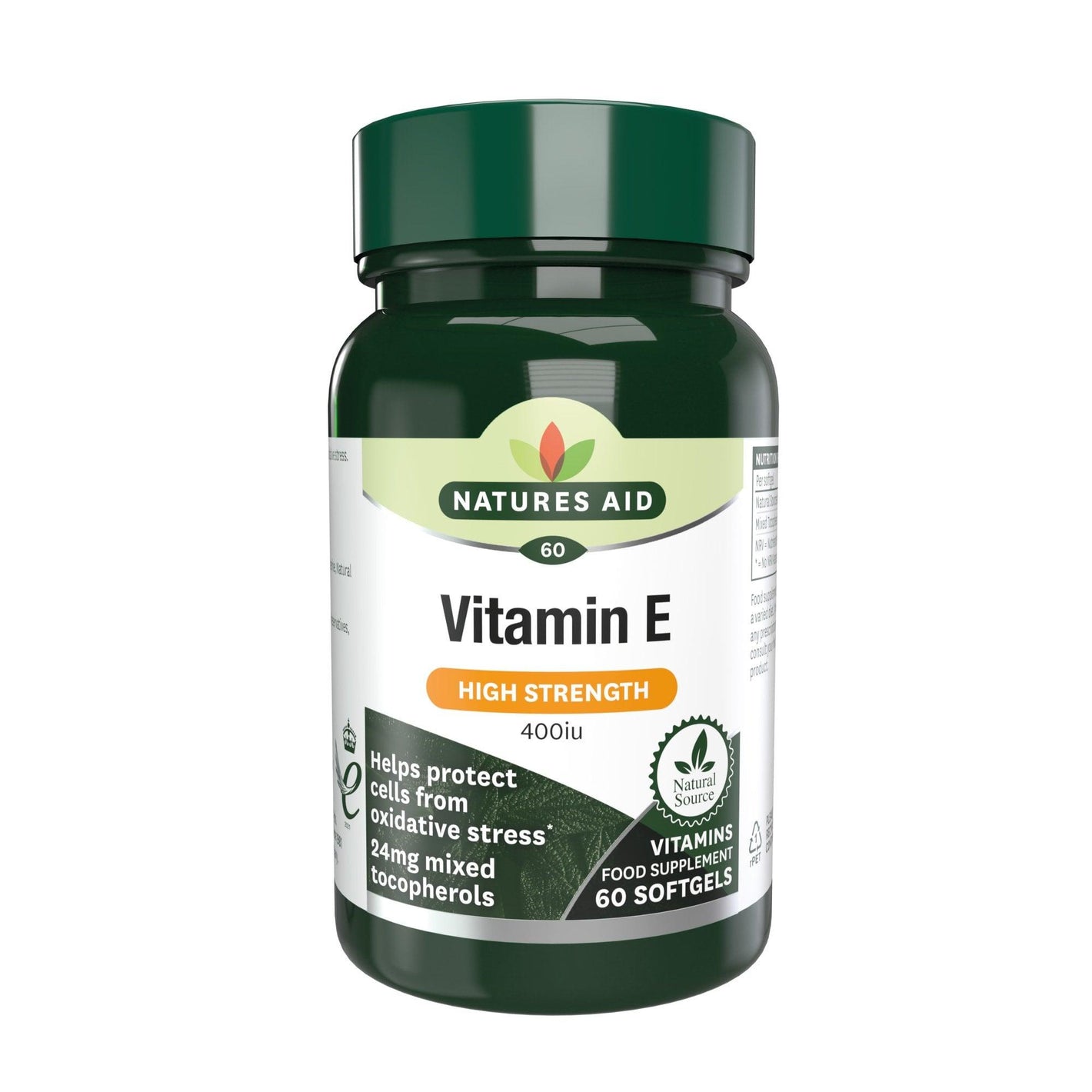Vitamin E - Uses, Side Effects, Interactions


Antioxidant vitamin E assists in defending cells against harm from free radicals. Unpaired electron molecules are known as free radicals. Free radicals can harm molecules when they come into contact with them. Free radical damage can be reduced or repaired with the aid of vitamin E.
Numerous advantages of vitamin E include:
-Decreased risk of cardiovascular disease
-Preventing or delaying the onset of dementia and Alzheimer's disease
-Decreased risk of cancer
-Treating a lack of vitamin E
-Reducing the likelihood of developing age-related macular degeneration
The majority of these potential advantages, however, are based on observational studies, necessitating further investigation to verify them. If you have a health condition, taking vitamin E supplements is unlikely to help you prevent or treat it.
When taken as recommended, vitamin E generally poses no risks. Some people may experience headaches, fatigue, diarrhoea, and nausea from vitamin E. In people with bleeding disorders, vitamin E can also raise the risk of bleeding and bruising. Before taking vitamin E supplements, it's important to discuss any potential interactions with your doctor. Vitamin E may interact with some medications.
Being a fat-soluble vitamin, vitamin E can accumulate in your body and possibly result in toxicity if you take too much. For adults and children over the age of four, the Recommended Dietary Allowance (RDA) for vitamin E is 15 milligrams (mg) per day. For adults and children over the age of one, the tolerable upper limit (UL) for vitamin E is 1,000 mg per day.
The liver receives vitamin E after it has been absorbed from the intestine. The body's fat and other tissues are then where vitamin E is kept. The urine contains vitamin E excretion.
There are numerous types of vitamin E supplements, including capsules, tablets, liquids, and topical goods. Vegetable oils, nuts, seeds, leafy green vegetables, fortified cereals, and many other foods also contain vitamin E.
It's crucial to eat a variety of foods that are high in vitamin E if you want to benefit the most from this nutrient. Supplemental vitamin E should only be consumed under medical supervision.
The recommended daily allowance (RDA) for adults and kids over the age of four is 15 mg of vitamin E per day. For adults and kids older than 14, the tolerable upper limit (UL) for vitamin E is 1,000 mg per day. Women who are pregnant or nursing shouldn't take vitamin E supplements unless a doctor instructs them to.
Consult your doctor if you believe you may be lacking in vitamin E to determine whether you need to take a supplement. Although vitamin E deficiency is uncommon, it can result in issues like anemia, vision issues, and weakened nerves and muscles. There are numerous types of vitamin E supplements, including capsules, tablets, liquids, and topical goods.










Plus get the inside scoop on our latest content and updates in our monthly newsletter.